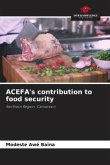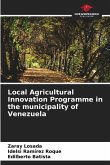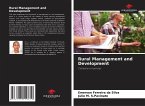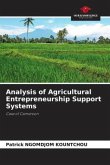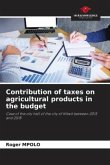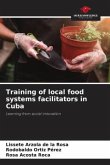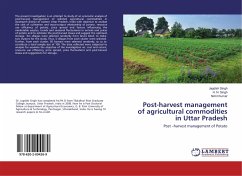Environmental degradation can be measured through the methodology of index creation. Due to the impacts of environmental degradation originating from agricultural and cattle raising activities, changes occur in the rural development of localities, since the rural environment is in a reality closer to the occurrence of this phenomenon by this type of activity. Within the context of Rio Grande do Sul, there is a scarcity of studies that measure environmental degradation.This book presents the pattern of agricultural environmental degradation in the municipalities of Rio Grande do Sul, through the creation of an index, and demonstrates how this pattern is impacted by the rural development factors of these same municipalities in two distinct periods of time. The agricultural and cattle-raising environmental degradation values for the mesoregions of Rio Grande do Sul were high, and the Central-Eastern mesoregion presented the highest degradation averages. In the relationship studied, divergent effects between the development factors were verified in the pattern of agricultural and ranching environmental degradation in Rio Grande do Sul.
Bitte wählen Sie Ihr Anliegen aus.
Rechnungen
Retourenschein anfordern
Bestellstatus
Storno


